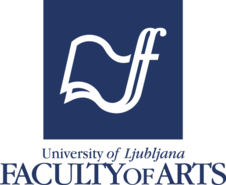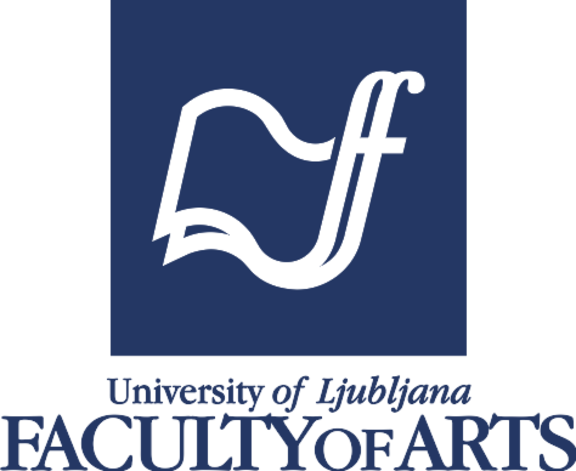Department of Slavistics, University of Ljubljana
Development
The department focused on four different scientific fields of Slavistics: South Slavic Studies, Comparative Slavic Linguistics, Russian Studies, and West Slavic Studies.
One of the first study programmes, South Slavic Studies, was founded in 1919. It was always part of the study programme but over time it changed its name. As an undergraduate study programme, it consists of the study of Croatian, Serbian and Macedonian languages and their literature. During the reforms, the department adopted many new study contents and broadened the spectre of languages. In 2002, the Department of Slavistics separated from the Department of Slovenian Studies and became an independent department with three new chairs for West Slavic Studies: Czech, Polish and Slovak Studies.
Today
The Comparative Slavic Linguistics is a two-disciplinary study programme. The programmes at the Department include learning of the language, literature, societies and cultures. Consequently the Department offers undergraduate and postgraduate programmes in Slovak, Czech, Croatian, Serbian, Macedonian, Polish and Russian studies. At the Department work lecturers from Slovenia and abroad.
International student exchange is possible within the bilateral agreements or with ERASMUS student exchange network around Europe: Belgium (University of Gent), Bulgaria (Sofia University 'Saint Kliement Ohridski'), Czech Republic (Masaryk University, University of Ostrava, Charles University, University of Palackeho in Olomuc, University of Paradubice), Finland (University of Helsinki), Italy (University of Trieste), Lithuania (University of Vilnius), Hungary (Eötvös Loránd Tudományegyetem), Germany (University of Würzburg, University of Konstanz, Humboldt University in Berlin), Poland (Adam Mickiewicz University in Poznan, University of Bielsko-Biala, University of Łodz, University of Katowice, University of Wroclaw, Jageillonian University in Krakow), Portugal (University of Lisbon), Romania (University of Bucharest), Slovakia (Comenius University in Bratislava, Constantine the Philosopher University in Nitra), Spain (University of Granada).
Some of the lectures can be followed by a special e-education programme of the Department. So far, some of the lectures in Slovak, Russian, Czech, Polish, South Slavic Studies can be partly followed online.
Publishing
The department publishes several publications and journals. The Journal for Lingustics and Literary Studies, published by the Slavic Society of Slovenia publishes articles in Slovenian, other Slavonic languages, and partly in English. Full articles are available online in pdf format.
See also
- Departments of Slovenian Studies and Slavistics Library
- Department of Slovenian Studies
- Faculty of Arts, University of Ljubljana
- University of Ljubljana
- Slavic Society of Slovenia
External links
- Department of Slavistics, University of Ljubljana website (in Slovenian, Russian and partially in English)
- Slavistična revija: Journal for Linguistics and Literary Studies website (in Slovenian with English summaries)



